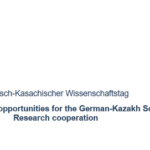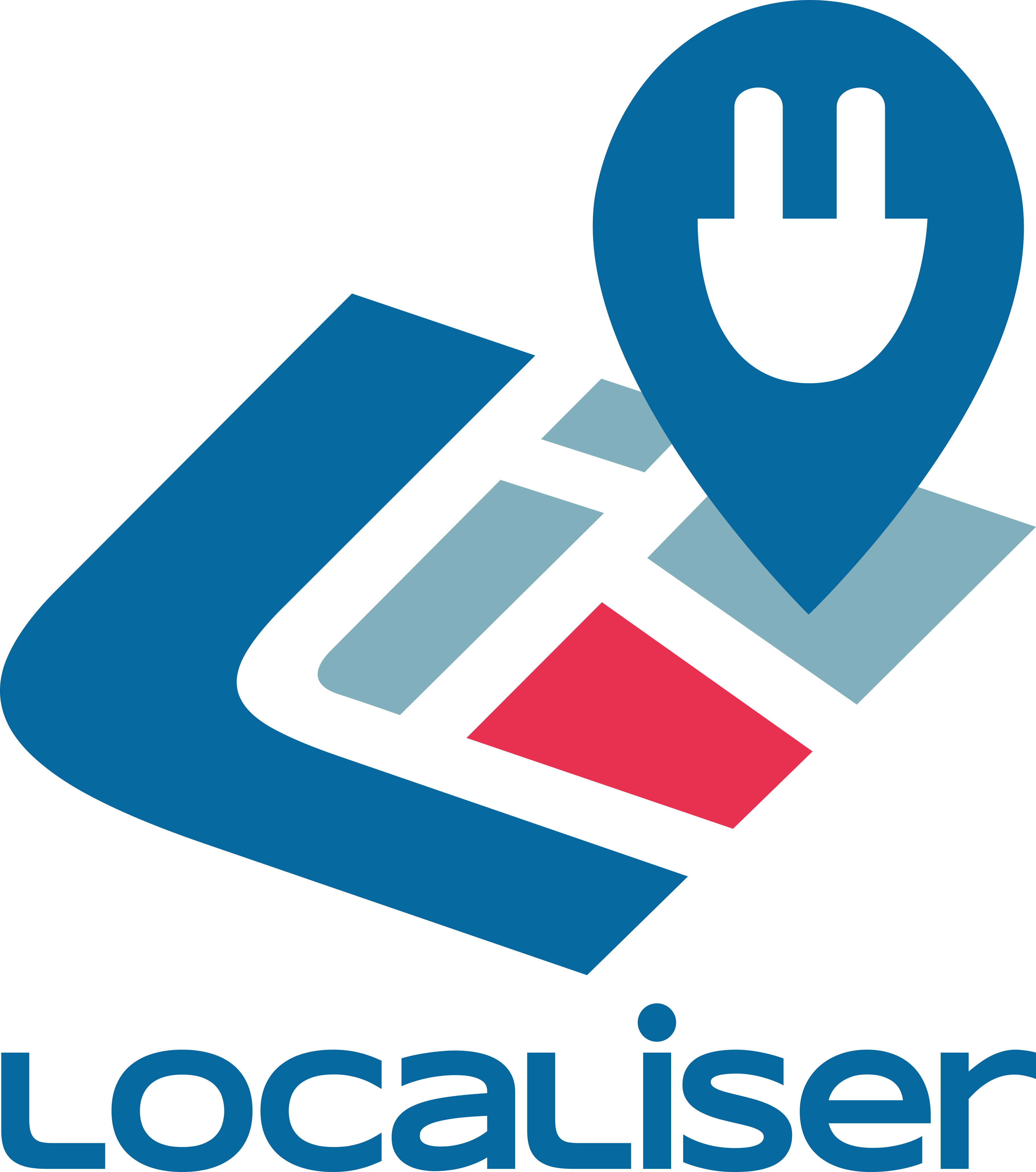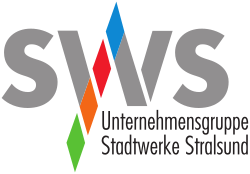
Kathrin Goldammer back from lecture tour to Mexico
4. October 2023
12 – 13.10 | German-Kazakh Science Day
12. October 2023Charging Infrastructure Concept for the Hanseatic City of Stralsund

The SWS Stadtwerke Stralsund GmbH, in collaboration with the Reiner Lemoine Institute and in close coordination with Localiser RLI GmbH, will develop a concept for the expansion of charging infrastructure for the Hanseatic City of Stralsund.
Fit for the Future
The German government aims to have 15 million electric vehicles on the roads by 2030. To achieve this, the necessary charging infrastructure (LIS) must be available locally in both private and public settings. For the Hanseatic City of Stralsund, the RLI will forecast the number of electric vehicles and their charging power requirements up to the year 2030, deriving the necessary specifications for the required charging infrastructure (LIS).
Who will charge when, where, and how much?
In the planning of LIS, it is important to differentiate the parking durations for charging electric vehicles. Parking duration and charging power are interdependent. The longer the parking duration, the lower the charging power can be. Private users, commercial traffic, or tourists have very different requirements regarding parking durations and locations. Therefore, the differentiation of various user groups (use cases) plays a crucial role. The RLI will depict the charging processes for different charging use cases and, based on the forecasts for the increase in electric vehicles, derive the required energy amounts and the number of charging points for the Hanseatic City of Stralsund by the year 2030.
What makes the Hanseatic City of Stralsund unique?
As a medium-sized city and the "Gateway to the Island of Rügen," the Hanseatic City of Stralsund is an especially attractive destination for tourism. The high influx of tourists focuses on the old town, and it is highly seasonal and weather-dependent for day visitors. To meet these peak demands, both private and publicly accessible LIS must be economically planned. The LIS concept will address the specific challenges and opportunities in the Hanseatic City.
Project Period: August 2023 – December 2023
Fit for the Future
The German government aims to have 15 million electric vehicles on the roads by 2030. To achieve this, the necessary charging infrastructure (LIS) must be available locally in both private and public settings. For the Hanseatic City of Stralsund, the RLI will forecast the number of electric vehicles and their charging power requirements up to the year 2030, deriving the necessary specifications for the required charging infrastructure (LIS).
Who will charge when, where, and how much?
In the planning of LIS, it is important to differentiate the parking durations for charging electric vehicles. Parking duration and charging power are interdependent. The longer the parking duration, the lower the charging power can be. Private users, commercial traffic, or tourists have very different requirements regarding parking durations and locations. Therefore, the differentiation of various user groups (use cases) plays a crucial role. The RLI will depict the charging processes for different charging use cases and, based on the forecasts for the increase in electric vehicles, derive the required energy amounts and the number of charging points for the Hanseatic City of Stralsund by the year 2030.
What makes the Hanseatic City of Stralsund unique?
As a medium-sized city and the "Gateway to the Island of Rügen," the Hanseatic City of Stralsund is an especially attractive destination for tourism. The high influx of tourists focuses on the old town, and it is highly seasonal and weather-dependent for day visitors. To meet these peak demands, both private and publicly accessible LIS must be economically planned. The LIS concept will address the specific challenges and opportunities in the Hanseatic City.
Project Period: August 2023 – December 2023
The RLI assumes the following tasks:
- Conduct workshops with key stakeholders in the LIS area.
- Inventory of framework data on e-mobility in the region of the Hanseatic City of Stralsund.
- Definition and analysis of different user groups and charging use cases
- Forecast of future charging needs
- Geographical location of required LIS








